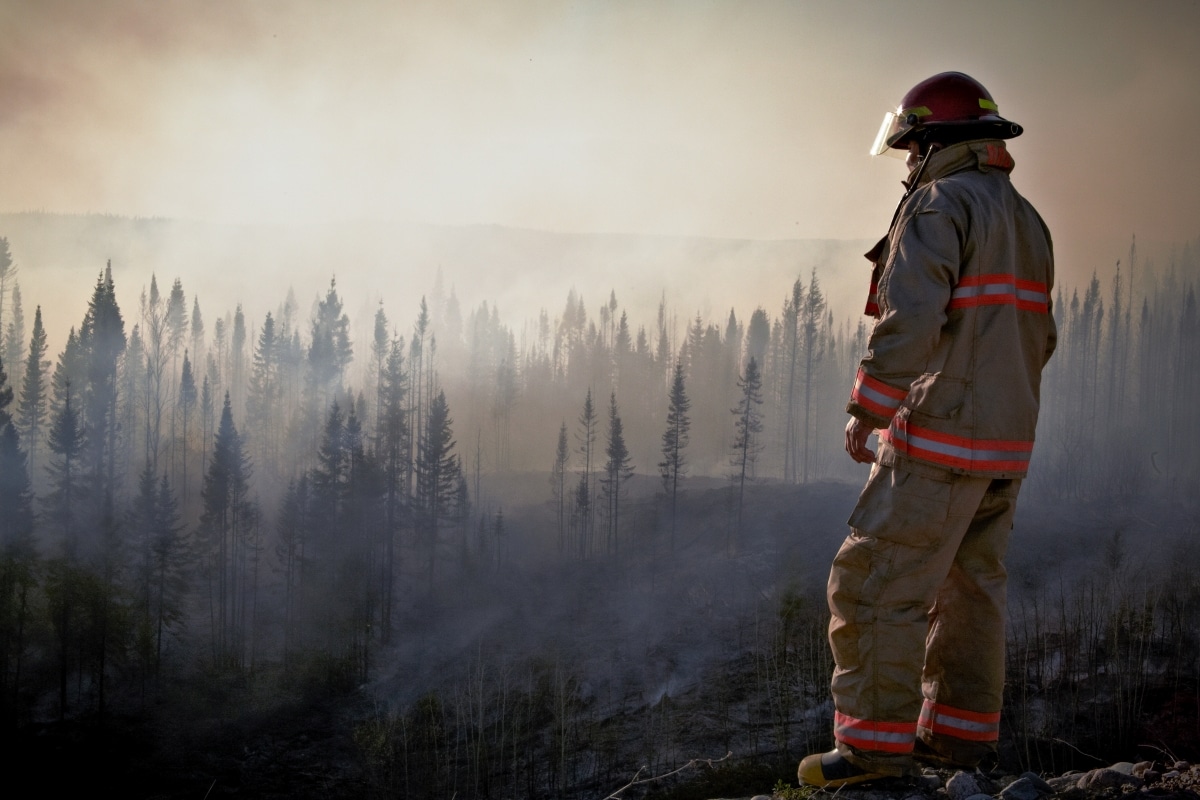
Extreme weather and natural disasters can have catastrophic effects, often upending people’s lives with little to no warning. The turmoil during and immediately following these events can be especially challenging and can make processing what happened and moving forward extremely difficult. If you’re struggling, the following coping strategies can help you develop disaster resilience as you embark on your recovery journey.
-
- Be mindfully informed. There’s a fine line between staying up to date and becoming overwhelmed. While it’s tempting to doomscroll in the wake of a crisis, remember that rumors are easily and often spread on social media. Don’t subject yourself to an influx of sensationalized (and possibly incorrect) information at the expense of your mental well-being. Instead, periodically seek updates from trusted sources like government authorities and take regular breaks to disengage.
- Take stock of yourself. It’s common to feel numb or disconnected following a traumatic event, so it’s important to regularly ask yourself, “how am I feeling?” Recognizing and acknowledging your emotions without judgment is an important step in recovering. As an added benefit, as time passes, the practice of checking in with yourself can help you pinpoint when you may need professional support to help you process.
- Embrace the healing (and feeling) journey. What starts as disbelief and sadness may become anger, then worry for what the future will hold. You may also encounter grief in one or more of its many forms. There’s the general feeling of loss and uncertainty that comes with ambiguous grief, vicarious grief for the suffering of your community and hidden or latent grief that you may not even realize you’re carrying—to name a few. Do not pressure yourself to react in a certain way or on a schedule. Remember that there’s no right or wrong when it comes to processing an experience like this, so be sure to give yourself the space you need to get through.
- Focus on the physical too. Significant loss, displacement from or damage to your home and even just the disruption of day-to-day life can make basic self-care tasks seem insurmountable. However, managing any existing conditions as well as prioritizing healthy habits like sleeping enough, fueling your body and getting yourself moving will make you feel better immediately and in the long run. Just be sure to manage your expectations and focus on caring for yourself as best you can in your current circumstances.
- Know when to seek support. Leaning on your loved ones is essential during trying times. While connecting with family and friends is wonderful, as mentioned, you may find yourself in need of more professional support to help you work things through. Anxiety, guilt, depression and post-traumatic stress disorder (PTSD) are all common aftereffects of dealing with crises like these and should be treated as soon as possible. Don’t hesitate to reach out for the help you need, particularly if you notice your physical health worsening (e.g., symptoms like persistent aches and pains, trouble sleeping or changes in energy levels or appetite, etc.) or are experiencing mental health struggles.
As you navigate the emotional aftermath, know that you’re not alone and we’re here to help. Simply get in touch and we’ll connect you with the resources and supports that are right for you.
Link copied to clipboard